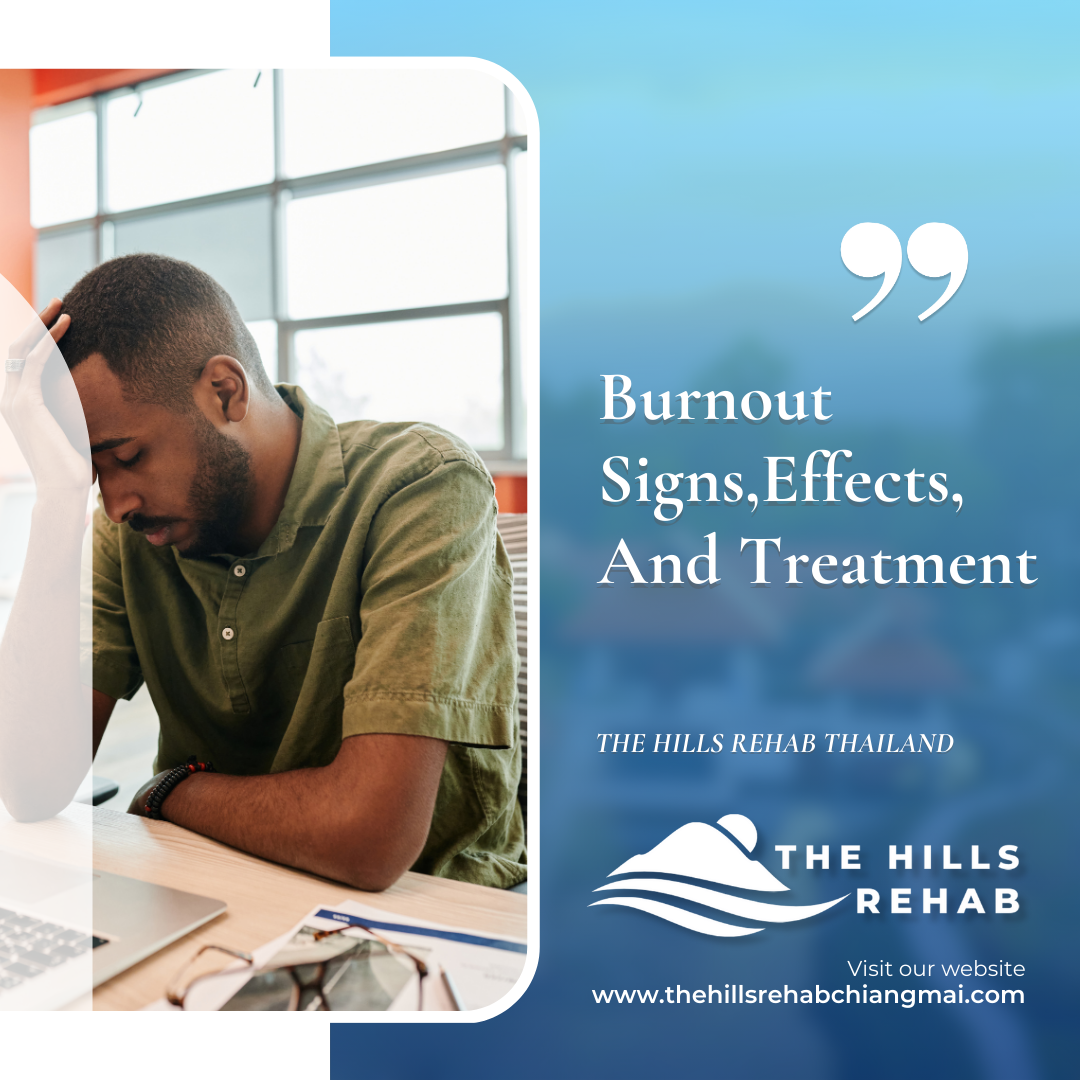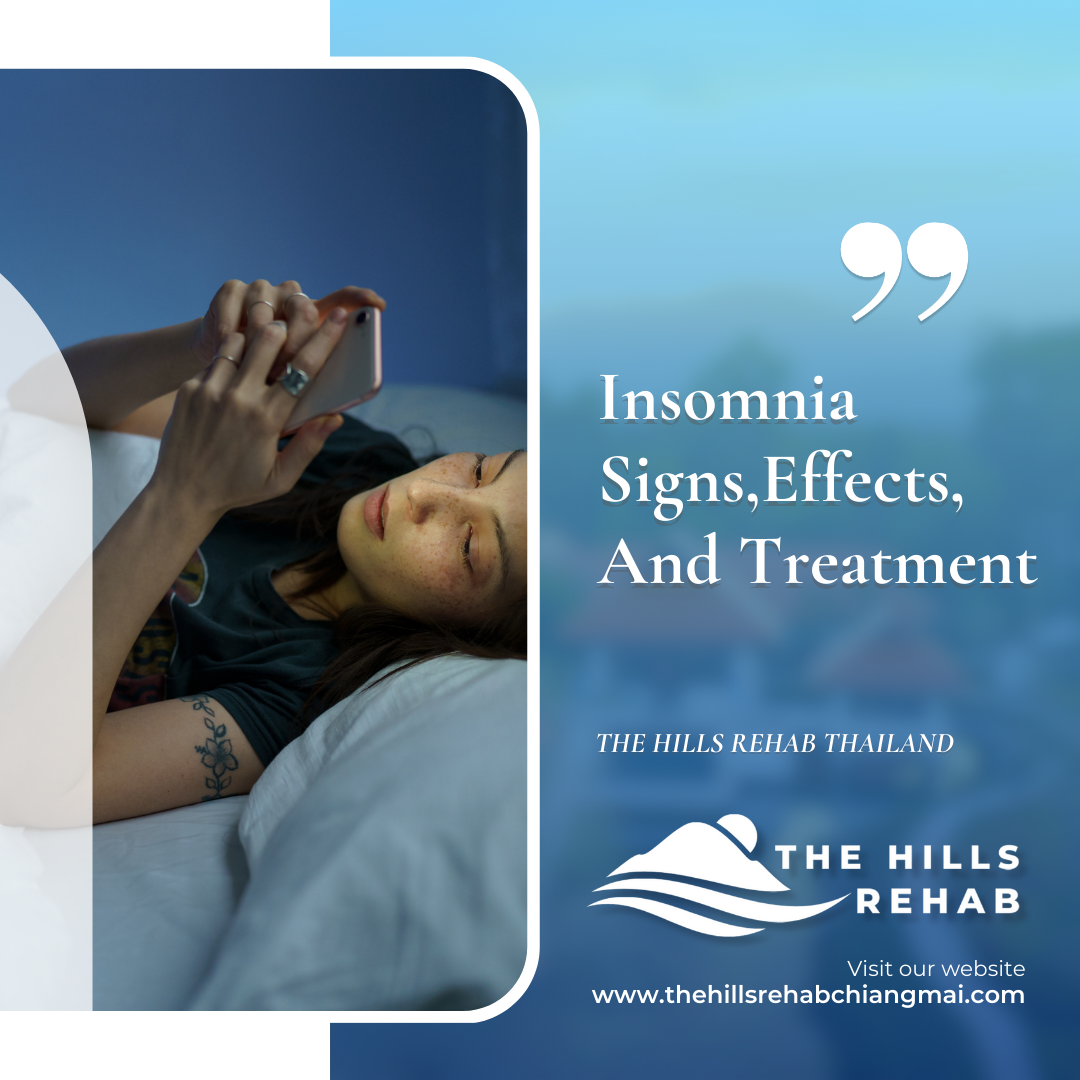Sex addiction is a compulsive mental disorder characterised by underlying emotional problems. People who suffer from this condition have a reduced ability to engage in intimate relationships on a healthy emotional level. Sex addiction can affect both genders, and men and women who suffer from it typically engage in unhealthy obsessive thoughts and compulsive behaviours. Sex addicts frequently use sex to fill an emotional void in their lives, which has ramifications for a person’s health, personal relationships, work, and general daily responsibilities.
The Hills Rehab Treatment Centre is a private facility that provides treatment, life coaching, nutritional counselling, and spiritual guidance to help people overcome their compulsive behaviours. Our facility’s team of specialists is available to discuss your or your loved one’s situation in complete confidentiality and privacy, and to recommend the steps necessary for effective treatment. Help is only a phone call away from The Hills Rehab Treatment Centre.
The term “sex addiction” refers to men or women who have strong compulsive sexual desires to engage in any form of sexual activity. It is referred to as a hypersexual disorder by experts in the field. Those with sex addiction have an unusually strong need for sex to achieve euphoria. The desired euphoria in the brain is the same as with any mind-altering substance.
Sex addicts may spend a significant amount of time thinking about sex. They may spend a significant amount of time looking at pornography and engaging in compulsive masturbation. People with sex addiction are also prone to voyeurism, exhibitionism, paying for sex, and having multiple, and in many cases, anonymous sexual partners. Because they cannot be sexually satisfied, these behaviours usually cause problems in their relationships. Furthermore, if untreated, sex addiction usually worsens over time. If you or someone you care about is in this situation, it is critical that you seek professional help as soon as possible. Sex addiction can be treated in a facility that specialises in SLA treatment with various evidence-based therapies as well as medication.
Behaviours Exhibited by Those With Sex Addiction
Compulsive sexual behaviour is defined as an impulse disorder by the International Classification of Diseases (ICD-11) as “a persistent pattern of failure to control intense, repetitive sexual impulses or urges resulting in repetitive sexual behaviour.”
Compulsive sexual behaviour has the following characteristics:
- a person’s health, personal care, responsibilities, interests, and other activities are neglected because repetitive sexual activities have become the central focus of the person’s life
- a recurrence of periods in which the person has been unable to control intense sexual impulses or urges, resulting in repetitive sexual behaviour for long periods of time, such as 6 months
- persistent behaviours that cause marked distress or significant destruction of personal, family, social, educational, and occupational functions, as well as other important functions in normal life
Compulsive sexual behaviour has not yet been recognised as a medical condition by mental health authorities, despite the fact that it can have a negative impact on families, relationships, and lives. The difficulty in accurately identifying this behaviour stems from the fact that sex drives and libido vary greatly between individuals. In general, someone may perceive their partner to have compulsive sexual behaviour when, in fact, the partner simply has a higher sex drive. As a result, more research and study are required before compulsive sexual behaviour can be classified as a medical disorder.
Characteristics Displayed by Those With Sex Addiction
The characteristics of sex addiction are:
- lacking healthy boundaries, such as having sexual and emotional attachments to random people
- Experiencing issues of loneliness and abandonment, which drive the person to prolong or remain in toxic relationships while suppressing their own needs and becoming increasingly isolated and alienated from friends, loved ones, and themselves
- Terrified of the lack of emotional and sexual connection and so compulsively having one or more sexual partners at a time
- confusion between neediness, physical and sexual attraction, pity, the desire to be rescued or rescue and love
- when alone, may feel empty and incomplete. Despite being afraid of intimacy and commitment
- sexualizing anger, stress, fear, guilt, loneliness, shame, and envy by constantly seeking relationships and sexual contact
- constantly looking for romantic or sexual relationships
- using sex or emotional dependence to replace nurturing care, and using sex and emotional involvement to manipulate and control others
- avoiding responsibility by surrounding oneself with emotionally unavailable people
- remaining enslaved to emotional dependence, romantic enchantment, or compulsive sexual activities
- avoiding feeling vulnerable, withdrawing from all intimate relationships, mistaking sexual and emotional connections for something else
- attaching unreal qualities to strangers by idealising and pursuing them, then blaming them for failing to meet fantasies and expectations
The diagnostic criteria for sex addiction are frequently ambiguous and subjective, but those suffering from sex addiction share several distinguishing characteristics:
- Sex dominates the person’s life to the exclusion of other activities
- Sexual activities may be inappropriate and/or risky, such as sex in public, exhibitionism, engaging prostitutes, or frequenting sex clubs
- The constant desire for sex is typically interspersed with feelings of regret, depression, anxiety, or shame
- The person indulges in self-acts of sex when on their own, such as phone sex, pornography, and masturbation on a regular basis.
This addiction is frequently characterised by a self-destructive cycle of hypersexuality and low self-esteem. While sex can provide immediate and temporary relief, the person’s psychological well-being will deteriorate and become harmful over time. Extreme or kinky sex, on the other hand, is not a symptom of sex addiction.
Sex Addiction Causes
Some people are more likely than others to develop an addiction. Certain risk factors can indicate that a person is more likely to develop an addiction, such as sex addiction. The following factors can increase an individual’s risk of developing a sex addiction:
- Family history–Sex addictions can be learned behaviours, and if a child is raised in a home where one partner is a sex addict, that child may grow up believing that this behaviour is normal, perpetuating the cycle.
- Hormones– Some people have higher hormone levels than others, which can influence their sexual drive. Those with high sex hormone levels may feel compelled to engage in excessive sexual activity because all they can think about is sex and seeking gratification.
- Traumatic experiences– Those who have experienced emotional, physical, or sexual abuse as children or in their first relationships are more likely to develop a sex or love addiction. In terms of what a relationship should be like, their traumatic experience is all they have to go on. Low self-esteem and self-worth can lead to a person seeking sex in the wrong places and with the wrong people.
- ● Previous bad relationship– Individuals who have previously suffered in a bad relationship may feel unworthy or obsessed with the idea of being in love. They may seek out multiple relationships in order to feel loved, or they may stay in unloving and unkind relationships for too long, believing that is all they deserve.
The Consequences of Sex Addiction
Some or all of the the consequences of sex addiction may result in the below:
- Venereal Disease
- Pregnancy
- Depression
- Anxiety
- Low Self-Esteem
- Social Isolation or rejection
The Signs and Symptoms of Sex Addiction
Some of the most common signs and symptoms of sex addiction include:
- having numerous sexual partners or one-night stands
- spending considerable time, energy, and money engaging in multiple extra-marital affairs, visiting strip clubs, or exchanging sexual messages
- excessive masturbation and use of pornography, to the extent that it has an impact on the day-to-day life
- using sex to cope with anxiety, stress, or boredom
- needing sex to feel wanted, powerful or important
- using prostitutes, engaging in voyeurism, stalking, or exhibitionism
- feeling compelled to seek out more and more ‘thrilling’ sexual behaviours, due to building a tolerance to more ‘mundane’ sexual activities
- becoming preoccupied with internet dating, phone sex, or cybersex
- feeling unable to stop engaging in sexual behaviours, even though wanting to
- concealing these behaviours from friends and family, and frequently lying about associates and whereabouts to loved ones
- finding it hard to concentrate at work, at home, or in any other areas of life as unable to stop thinking about when and where the next sex encounter would be
- feelings of intense guilt and shame after each sexual encounter
- losing interest in activities, hobbies, or events that were once important
- neglecting responsibilities and relationships
- poor performance and/or attendance at work
- exacerbation of any existing mental health conditions
Sex Addiction Treatment
The first step in treating sex addiction is determining what is causing the problem. A childhood experience can often lead to feelings of low self-esteem. Early childhood emotional experiences must be identified and addressed in order to overcome sex addiction.
The Hills Rehab employs a variety of tools and techniques, including individual and group therapy, as well as 12-step therapies, to ensure that each patient receives the assistance needed to overcome his or her addiction.
The Hills Rehab can assist you if you or someone you care about has a sex addiction. We have a team of professional counsellors, therapists, and support staff on hand to answer your questions about the treatments available. Although sex addiction is not yet an official diagnosis, treatment is similar to that of other addictions such as behavioural addiction and substance abuse disorder. Treatments for sex-related addictions that are currently available include:
- Medication
- 12-step programs
- Recovery programs such as Sex Addicts Anonymous (SAA)
- Cognitive Behavioural Therapy
- Non-traditional therapies such as yoga, meditation, music therapy, art therapy, and adventure therapy
- Eye Movement Desensitisation Reprocessing (EMDR)
Don’t let sex addiction consume you or your loved one. Getting treatment for it will allow for a fuller and happier life. At The Hills Rehab, all our calls and enquiries are treated with the utmost privacy and you will be able to find out more about The Hills Rehab’s bespoke treatment options available for sex addiction.






